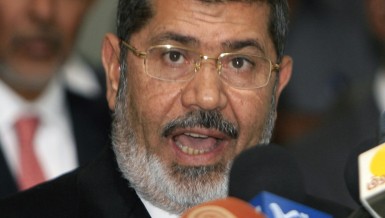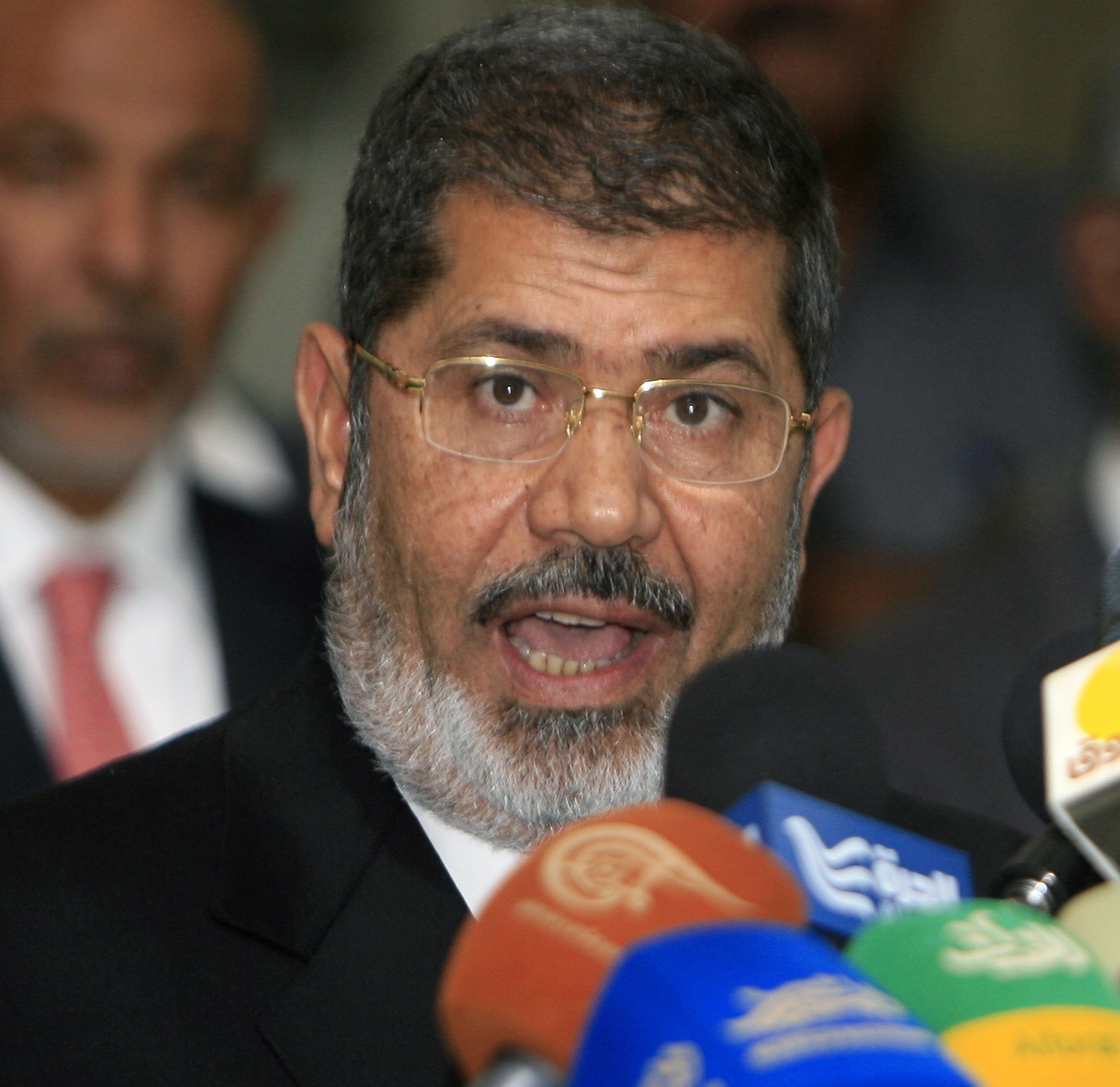
(AFP File Photo)
Three-hundred and fifty-nine torture cases have been recorded since President Mohamed Morsi became president in June 2012, according to an annual report by Al-Nadeem Centre for Rehabilitation of Torture Victims.
The report was released Wednesday to mark the International Day Against Torture and provided a detailed list of torture cases in Egypt over the past year.
According to the report, 76 torture cases occurred from June to December 2012, with 28 cases in January, 62 in February, 91 in March, 49 in April and 47 cases in May.
The report also cited 217 cases of fatal torture during the last year. Among the 217, 56 occurred between June and December 2012, with 68 cases in January, 30 in February, 25 in March, 24 in April and 11 in May.
Some of the cases included more than one victim; all were tortured during the same incident and thus counted as a single case, said Aida Seif Al-Dawla, psychiatrist at Al-Nadeem Centre. The totals were all based on media reports.
The centre conducted a separate count for the number of reports of torture it received during the past year, which included 121 torture victims, 19 of whom were female.
However, as Al-Dawla qualified, “those are only the victims who could be reached.” She added that many more victims exist who were unable to reach out to the media or human rights groups.
Torture occurred in a variety of settings the report said, ncluding in homes during arrests, in the streets during arrests, at police stations, at Homeland Security’s headquarters, at Central Security Forces (CSF) camps, in front of the presidential palace during clashes, and at the Muslim Brotherhood headquarters during clashes.
The Egyptian Organisation for Human Rights (EOHR) also released a report about torture, which listed 357 incidents of torture during the first decade of the 21st century.
The organisation stated that although both the 2012 constitution and the penal code criminalise torture, legislative amendments are needed to more effectively crack down on the practice.
Article 126 of the penal code defines torture as any physical or mental pain or torture exercised to extract testimony from detainees.
“It’s not about the figures,” Seif Al-Dawla said. “The point is that torture is still widespread and systematic. It still goes without punishment.”


